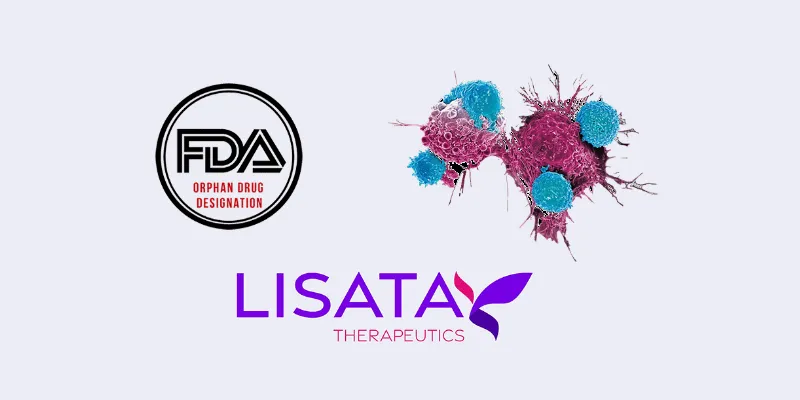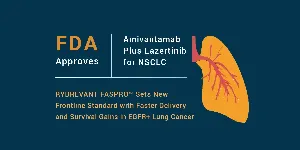LSTA1 (Certepetide) Wins FDA Orphan Drug Status for Osteosarcoma Treatment

15 April 2024
Lisata Therapeutics announced that the US Food and Drug Administration (FDA) has granted Orphan Drug Designation to its novel drug candidate LSTA1 for the treatment of osteosarcoma, a rare bone cancer affecting children and young adults. LSTA1 enhances the efficacy of co-administered anticancer drugs and modifies the tumor microenvironment.
This announcement marks another significant milestone in the drug's development: LSTA1 (certepetide) has already secured a Rare Pediatric Disease Designation and a Fast Track Designation for the same indication.
Dr. Kristen K. Buck, EVP and Chief Medical Officer at Lisata, expressed enthusiasm about the designation, stating, “This underscores the significant unmet medical need and demand for better treatments for patients diagnosed with osteosarcoma. Osteosarcoma, while rare, is a type of bone cancer that is often associated with high morbidity, early metastasis, rapid progression, and poor prognosis. Receiving an ODD from the FDA is an important milestone as we plan for future clinical expansion of LSTA1, and we believe it reflects the broad clinical utility of LSTA1 for the treatment of a wide array of solid tumors.”
LSTA1 stands out due to its unique mechanism of action. The drug is designed to enhance the delivery and efficacy of co-administered anticancer therapies specifically within solid tumors. It employs a novel uptake pathway known as the CendR pathway, which allows the drug to penetrate tumors more effectively and accumulate at higher concentrations. This mechanism not only facilitates the direct attack on cancer cells but also alters the tumor microenvironment, increasing the susceptibility of tumors to immunotherapies.
Beyond osteosarcoma, LSTA1 has shown potential against other solid tumors and has been granted ODD for additional indications including pancreatic cancer and glioblastoma multiforme in the U.S., as well as pancreatic cancer in Europe. This versatility highlights its broad clinical utility and potential to improve treatment outcomes across various cancer types.
Osteosarcoma is relatively rare, affecting fewer than 200,000 people in the US, but it is notably aggressive, characterized by high morbidity, early metastasis, rapid progression, and a poor prognosis. It is the most prevalent type of bone cancer in children and adolescents, making up 2% of all cancers in children up to age 14 and 3% in teenagers from 15 to 19 years old.
Lisata Therapeutics is not only focused on developing LSTA1 but is also exploring its application in enhancing the delivery of standard-of-care chemotherapies, as well as emerging therapies like immunotherapeutics and RNA-based treatments. The company's research has demonstrated favorable safety, tolerability, and activity profiles in ongoing clinical trials, particularly in enhancing chemotherapy delivery for pancreatic cancer.











Comments
No Comments Yet!